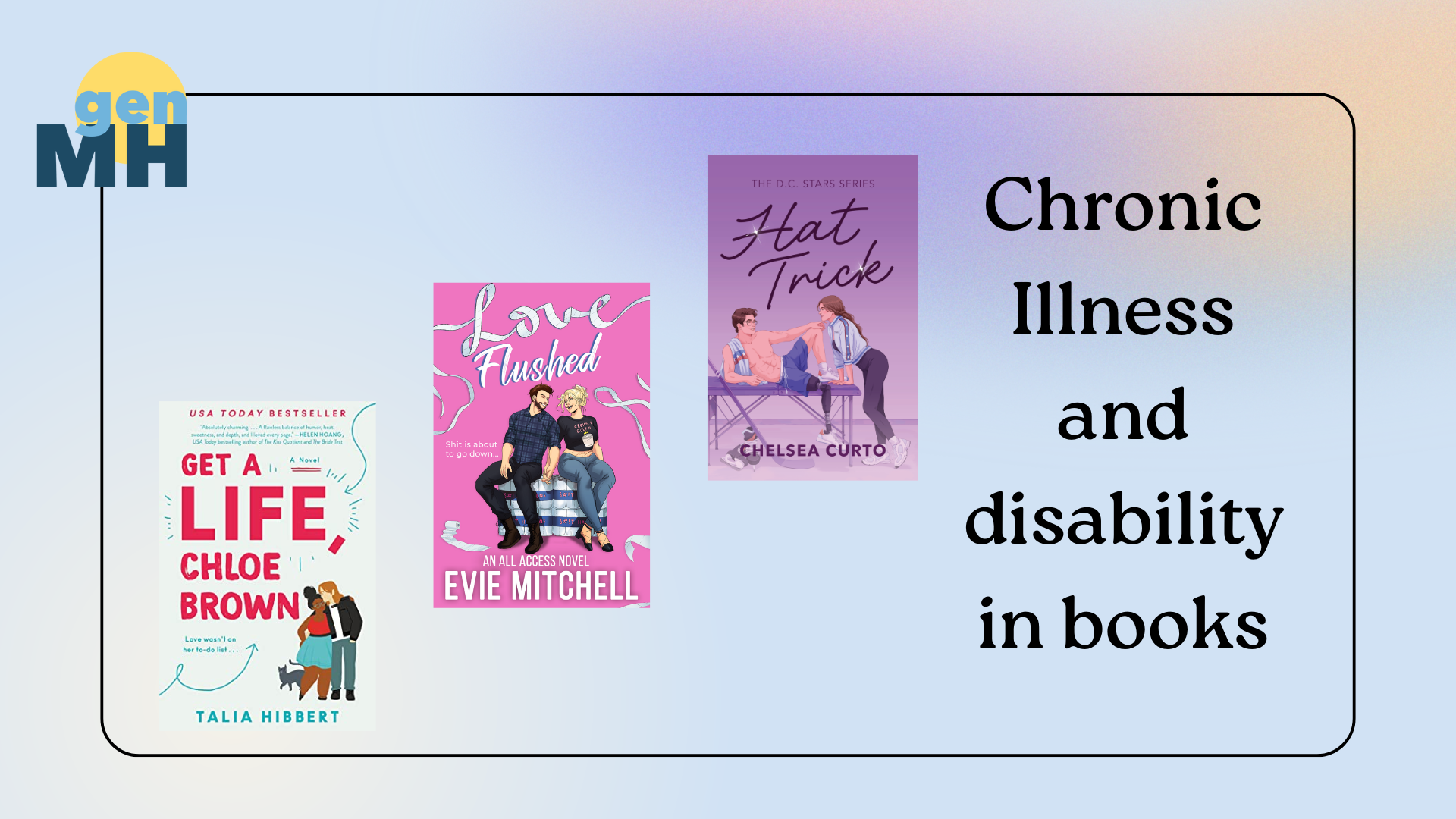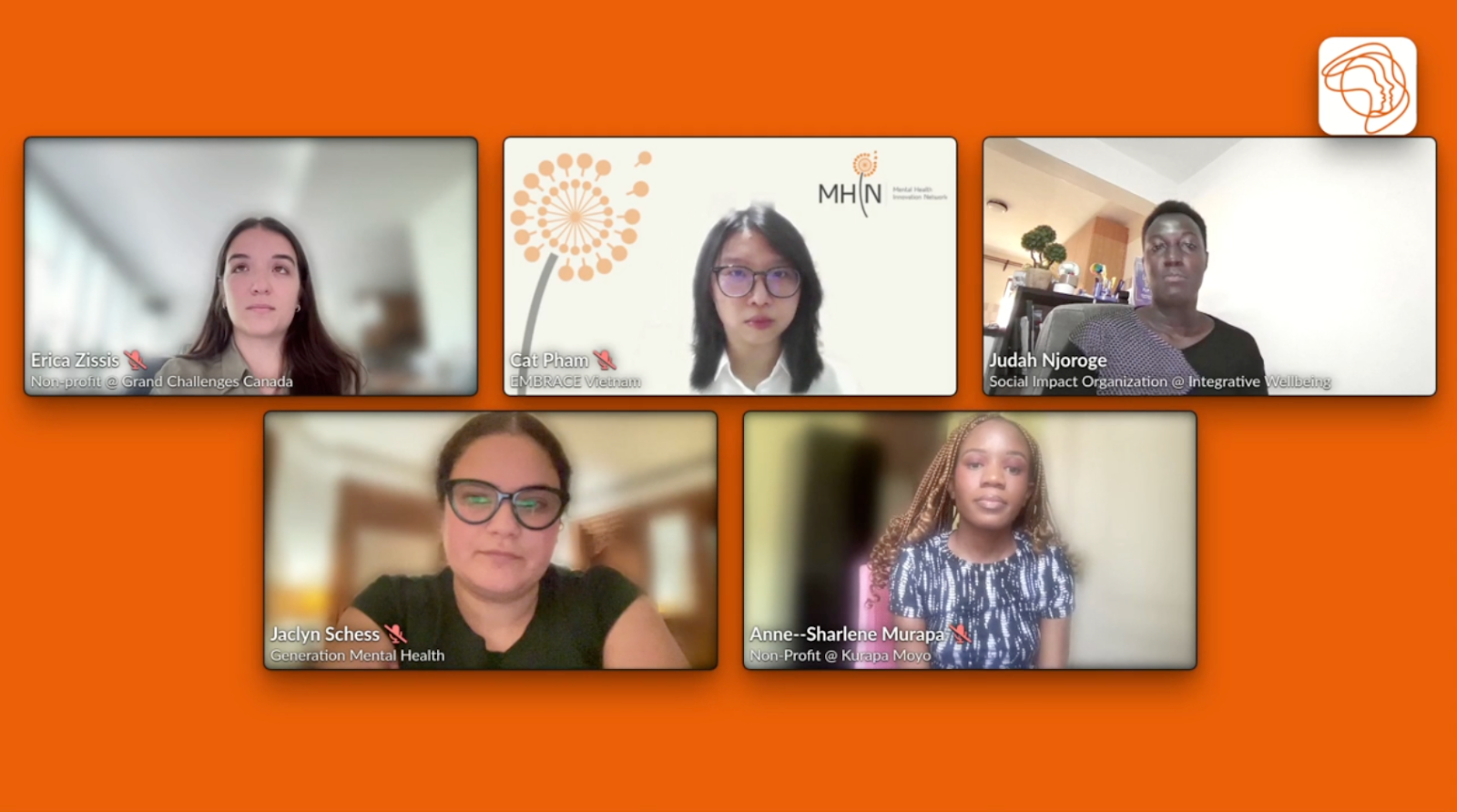Mental health is an imperative, irrespective of your degree
Jahin Tanvir shares with us how exploring his extra-curricular interest in mental health has propelled him from a range of ambassador and volunteer roles, to his current position as a Government Advisor for youth health and wellbeing!
Jahin's story reminds us that anyone, irrespective of their educational background, can create a career in the diverse and multidisciplinary field global mental health.
When I was going through my schooling, there was the common saying that was a staple in every conversation about careers. “You will be happy when you do what you are passionate about.” That inevitably led to the perception that we should choose a degree or career pathway and invest ourselves wholly into that field. After all, you do your best when you put all your focus into one area of life, right?
It took me until I reached first-year of university did I realise the feeble nature of that outlook. As human beings, we have multiple hobbies and interests that fulfill us Some we pursue on a daily and others we do not for countless reasons, predominantly that of a lack of time. As we prioritise ourselves, we often forget that there is a world outside of us where issues are growing, with or without our input. One of them is the monumental rise in mental illnesses. Research states that more than one in ten people globally suffer from mental illness and that number continues to grow every day.
I was first involved in the volunteering space straight after I graduated from high school. I moved interstate for university in Australia and I quickly realised that after work and university, my days were spent with me constantly yearning to be a part of something bigger. Unlike school where someone else holds you accountable with opportunities, university life opened a space where you alone had to go out and seek out your interests. I wanted to invest my time into projects that impacted causes I cared about. To reaffirm my life motto that ‘actions speak louder than words’.
That led me to first apply for the role of Youth Ambassador for Headspace, an Australian not-for-profit organisation for youth mental health established by the Australian Government. I have not really been a person inflicted with major mental health issues but my peer circle composed of individuals who had cases of anxiety and depression – the worst aspect of that was that barely any of them sought out help or accessed services that would assist in them managing their mental health. Coming from a subcontinental background, an unfortunate reality is that speaking out about one’s mental and emotional wellbeing is still regarded as a social taboo. This concept has transcended generations to be a strong part in the social fabric of many nations. This hinders individuals, especially young people, from going out and reaching for support when they need it. Often, we see people leave their recoverable worries to the idea of “it is what it is” and “no one will understand”, prolonging time to only exacerbate their issues. As an aspiring healthcare professional by trade, my passion has always been around a person’s overall wellbeing. Mental health is an integral component of a person’s mood and fulfillment in their day to day life and seeing people not take action to improve led me on my journey to become an advocate for young people and mental health. My aim has always been to stop those suffering in silence and shine light for them to take the necessary steps and strategies required for them to reach a sense of satisfaction. For them to blossom in activities that they hold dearly. That was my intention and what I plan to dedicate my work to.
As someone whose sense of excitement is birthed from being multifaceted in nature, that one initiative of volunteering as part of the Youth Ambassador program for Headspace then opened a world of opportunities and gratifying experiences that have completely transformed who I am and the way I perceive the world. After a few months and a bit more researching, I discovered a whole array of opportunities for young people to create a difference in the community in positions that allowed that from the ground up.
Over the past two years, I have had the privilege of holding youth leadership roles for various humanitarian and youth centred organisations such as the Red Cross, United Nations, World Vision etc. From there on, I was able to build networks and translate the experience in the youth leadership field towards attaining a government job where I pertain to an advisory role for health and wellbeing for young Australians. I strive to play a role in formulating young people’s needs in health research and public reports with mental health being at the forefront of discussions pertaining to young people’s needs.
All these ventures only happened when an impressionable 18-year-old decided to take a leap of faith and to act on intentions. It does not matter what degree or direction you have chosen for yourself formally, maintaining a good mental space is a universal component that seeps into all aspects of life. How you perform in interviews, your relationship with your family and friends, your emotional intelligence with your partner - it is essential that we hold each other accountability for how we aid others who need it more than ever.
You do not even have to be a direct mental health researcher or practitioner; your voice alone is still enough to get involved and create change in the field. Advocate and ensure suffering voices are heard and addressed.
“The smallest act of kindness is worth more than the grandest intention.” -Oscar Wilde
By Jahin Tanvir




